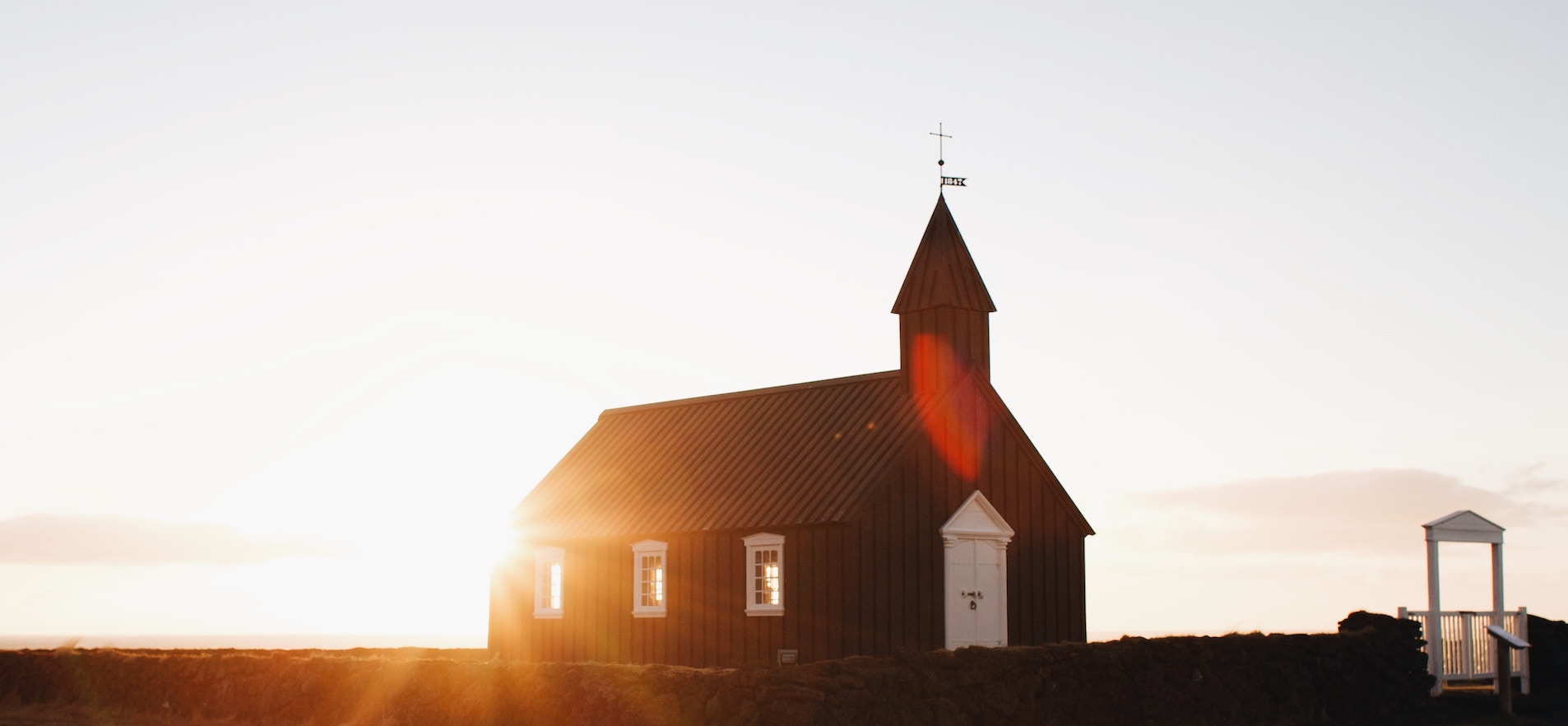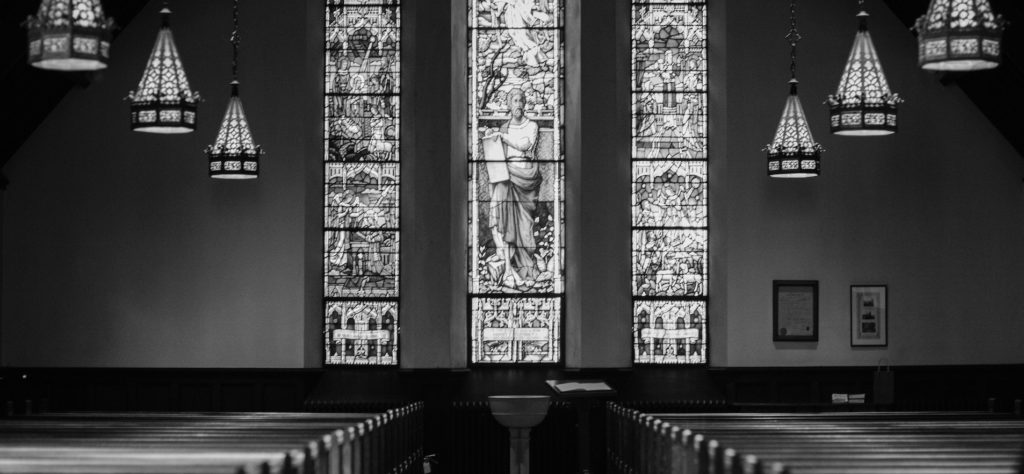In this episode (the second of two) we sit down and finish our conversation about the multi-congregational model New Life Church has developed over the last several years. Why we did it, how it works, and what opportunities and challenges it presents.

This model is not your friend if you value speed and scale… if you want to go fast, this isn’t for you… it’s a crockpot not a microwave… it’s also not a model for scalability… there’s a cap on it because of built-in relationships…
What we’ve decided is that there’s a circle around in our city that we’re willing to plant congregations inside of… outside of that circle the best use of our time and resources would be to plant autonomous churches…
Another thing about this model is that if you don’t like people telling you “no,” you should stay away from it… but if you want to be collegial, familial, and do the slow work of building the kingdom together, then this is a great model for you…
Another challenge is that I’ve sent out a lot of really good leaders and so I have to constantly make sure the leadership pipeline at New Life North is replenished… I can’t just keep sending people out and ignore the leadership pipeline here…
So you have to move slow, but also think five years ahead… it takes 3-5 years to send out a leader like this with this much trust…
There is a sense in which we’ve multiplied one another’s trust… there are people here who trust Brady because they trust Daniel Grothe…
The reason our congregations are different is because Glenn and I are different… I’m not forcing Glenn to be a Brady clone…
Every house is different, but there’s a great sense of safety when you get to go back to your parents’ house, and I think that’s what New Life North feels like to these guys…
In order for us to be under one family covering, it has to be under one eldership, one family covering… each congregation has a “wisdom council” full of non-staff people who are watching them and their marriage…
I encourage all our elders to be present in our congregations from time to time… but I like the wisdom council because it gives people who are actually listening to the sermon and watching the pastors interact with the congregation… it gives a second layer of accountability which is super important…
The genius of this model is that it allows a lot of people to be taken care of very personally… it allows us all to live in proper pastoral work without silo-ing to much… we all are in all the work…


